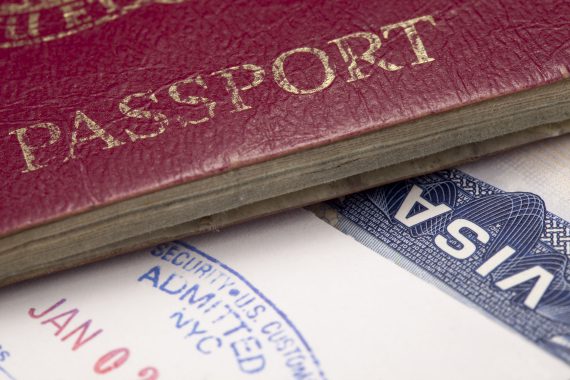The Government has reversed its policy of sharing GP patient data with the Home Office for immigration purposes with immediate effect.
Speaking in Parliament, communications minister Margot James said GP data will only be shared in immigration cases when the offence under investigation can be defined as a ‘serious crime’ or where the individual presents a risk to public security.
GP leaders welcomed the move, saying that it will help GPs re-establish ‘any trust that has been lost’ as a result of the ‘memorandum of understanding’.
The data-sharing MOU had been agreed between NHS England and the Home Office, which allowed it to request data from NHS Digital for the purpose of tracing immigration offenders and vulnerable people who may be at risk.
But it has been attacked in recent weeks by the Health Select Committee, the BMA and the RCGP, who said it was ‘treating GP patient data like the Yellow Pages’.
Pulse has reported that practices have been approached by immigration services for information on patients.
The Government had said that it would not be changing the policy.
However, Ms James announced today that the Government had accepted an amendment to the agreement by the chair of the Health Select Committee, Dr Sarah Wollaston, who is also a GP.
The committee had said that the agreement was ‘entirely inappropriate’, and said NHS Digital paid ‘little regard’ to ‘ethical implications’ of the MOU.
Ms James said that these were ‘significant and legitimate concerns’.
The minister added that the Government was ‘narrowing the ability of NHS Digital to disclose information in connection with the investigation of criminal offences. The aim is to narrow the scope of the MOU so that it only facilitates the exchange of personal data in cases involving serious criminality.’
She added: ‘With immediate effect, the data-sharing arrangements between the NHS and the Home Office have been amended.’
Professor Helen Stokes-Lampard, chair of the RCGP, said: ‘It is a huge victory for common sense, for civil rights and for high-quality patient care.
“This is what is best for our patients, and it is what is best for doctors, who are trusted to keep our patients’ data safe but have recently felt as if the relationship we have with our patients has been compromised.
“The College has campaigned hard on this issue, and in solidarity with the BMA, the Health Select Committee, and others – and we are very grateful to everyone who has supported our campaign.
Dr John Chisholm, BMA medical ethics committee chair, said: ‘We have been clear for a long time that confidential patient data, including names and addresses, should only be shared in matters relating to a “serious crime”, a threshold which most immigration offences are unlikely to meet.
‘We are pleased to hear the government confirm today that this high bar for disclosing personal NHS data will apply to the MoU with immediate effect.’

















